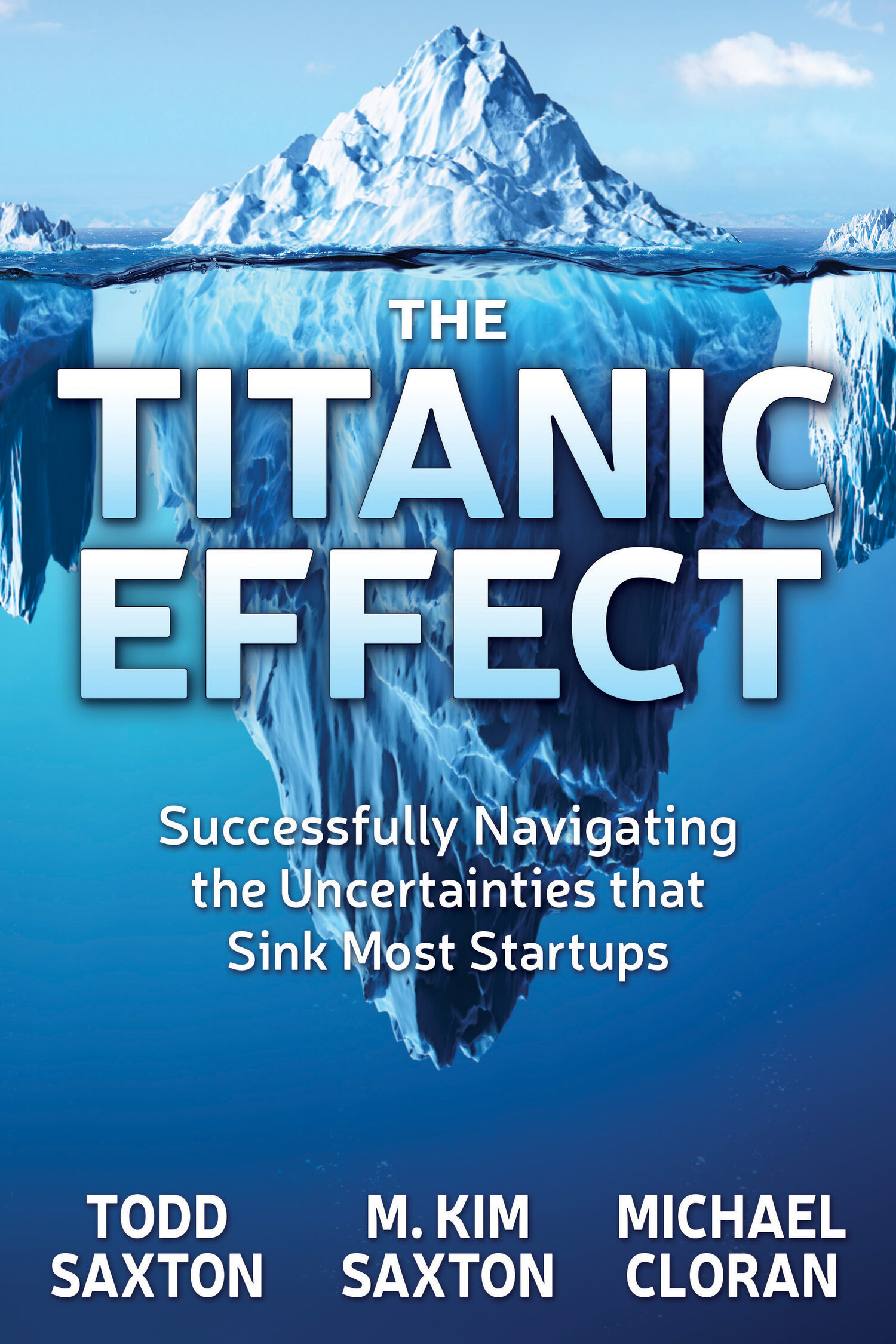![Right-sizing Startup Funding]()
In 2013, Fred Wilson (AVC) of Union Square (US) Ventures asserted, based on their portfolio’s data, that “the amount of money a startup raised in seed and Series A funding was inversely correlated with success. “ That is, the more money a startup raises, the more likely it is to fail. Or the less money it raises, the more likely it is to succeed. At least, that’s the pattern supported by US Ventures’ data at the time.
CBInsights tested this assertion with their own data in 2013. They found “no relationship between the amount of money raised and success.” In other words, funding levels were not related to venture success or failure.
Many people assume that raising more money is better and that more success will follow raising more money. These studies suggest that it’s not about the total amount of money raised. It’s interesting that neither dataset supports the idea that more money = more success. It will take more time and data to know which is correct.
We would argue that the strategic question is not how much you can raise - it’s about raising the right money at the right time. Start with the questions: “Do you raise money at all? If so, how much and when?” Here are 3 tips for right-sizing your funding:


